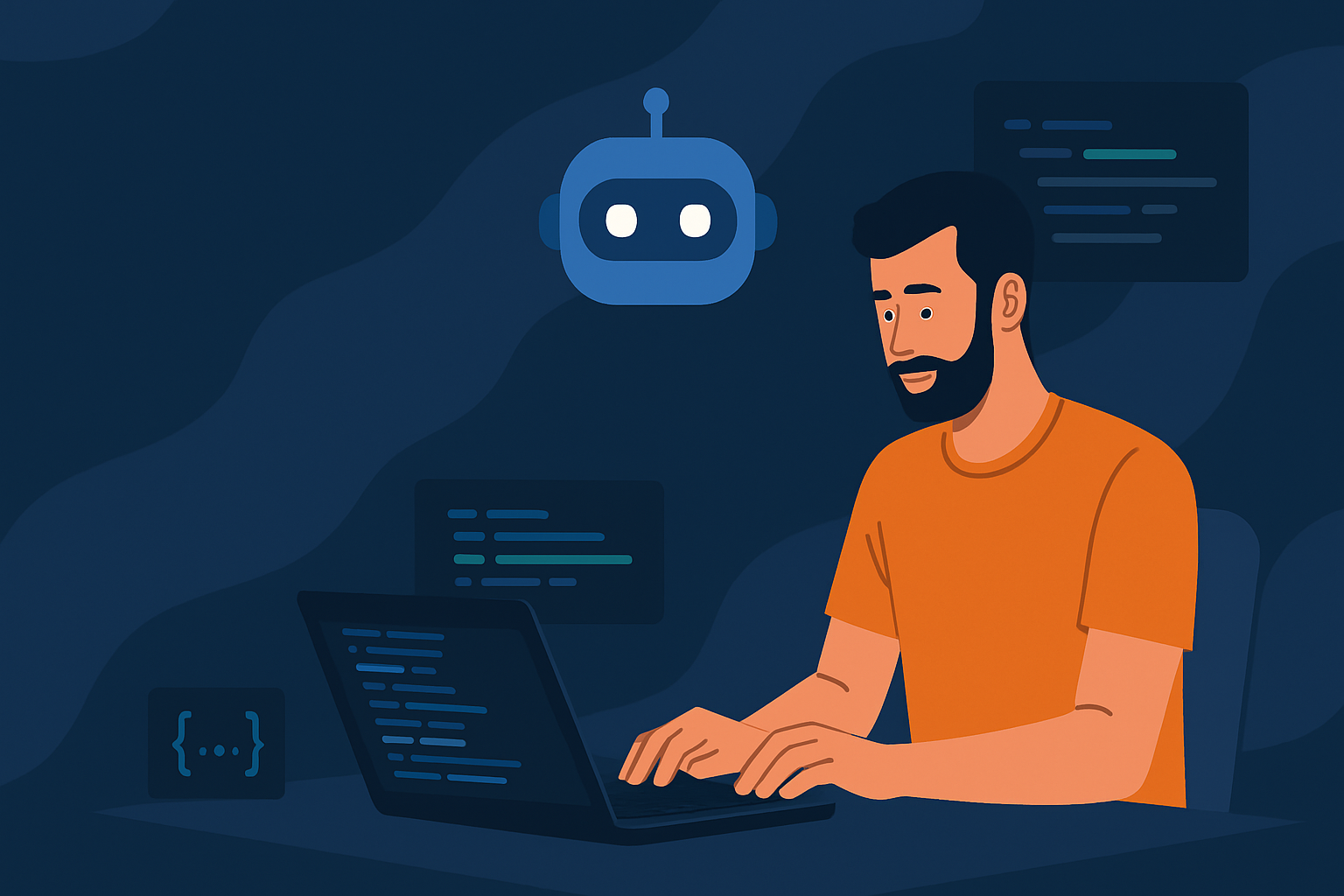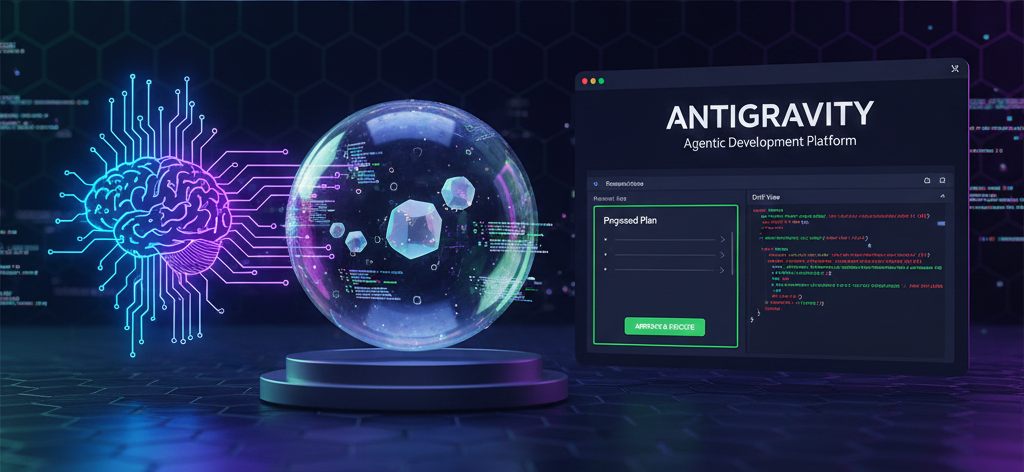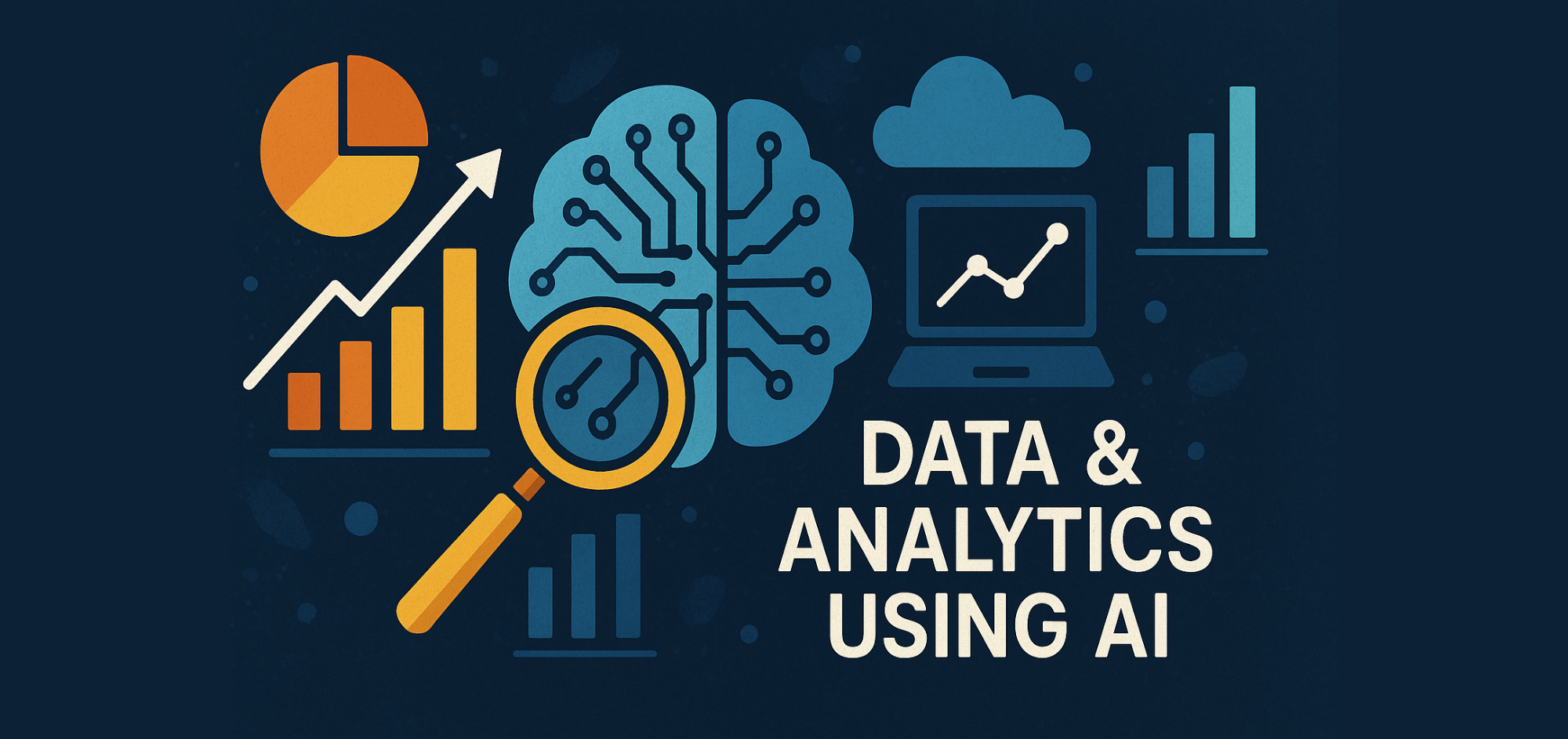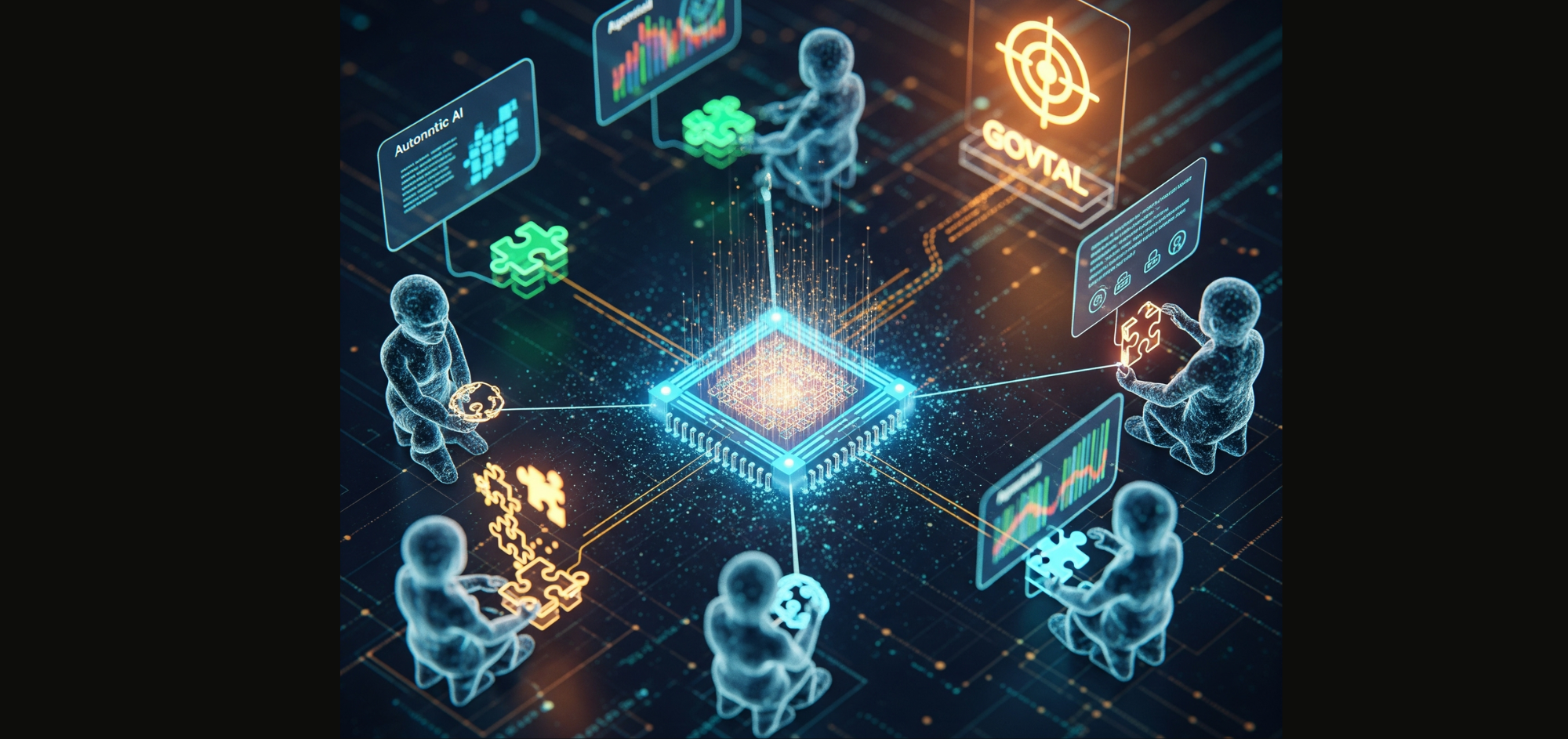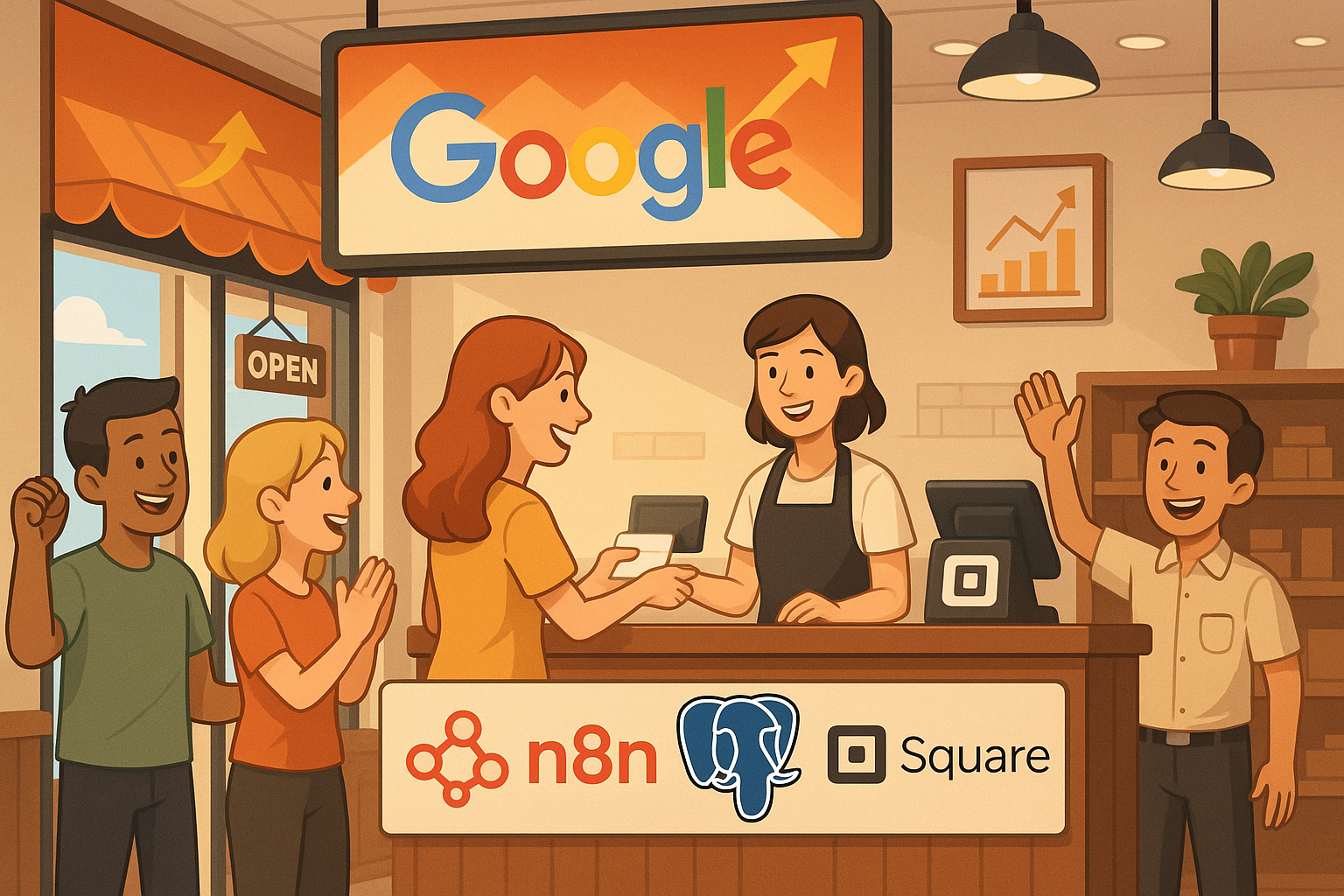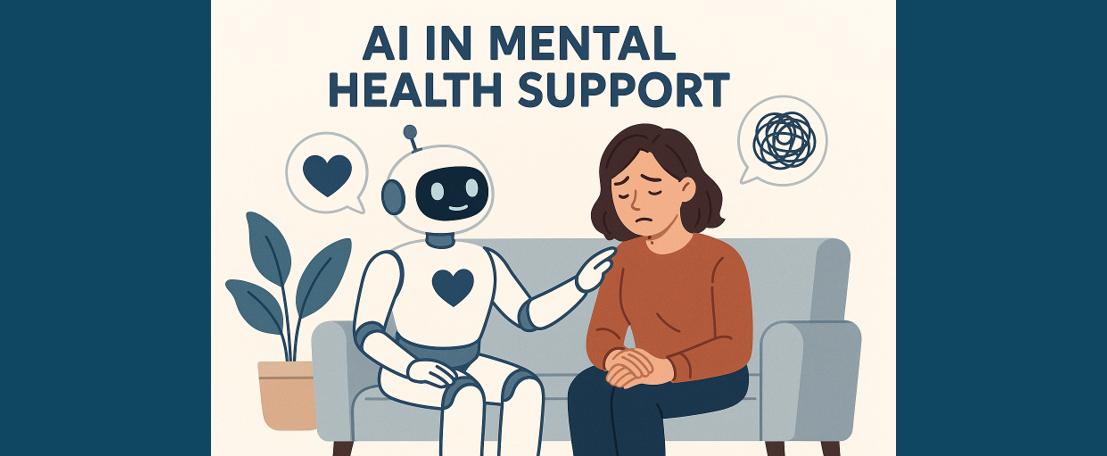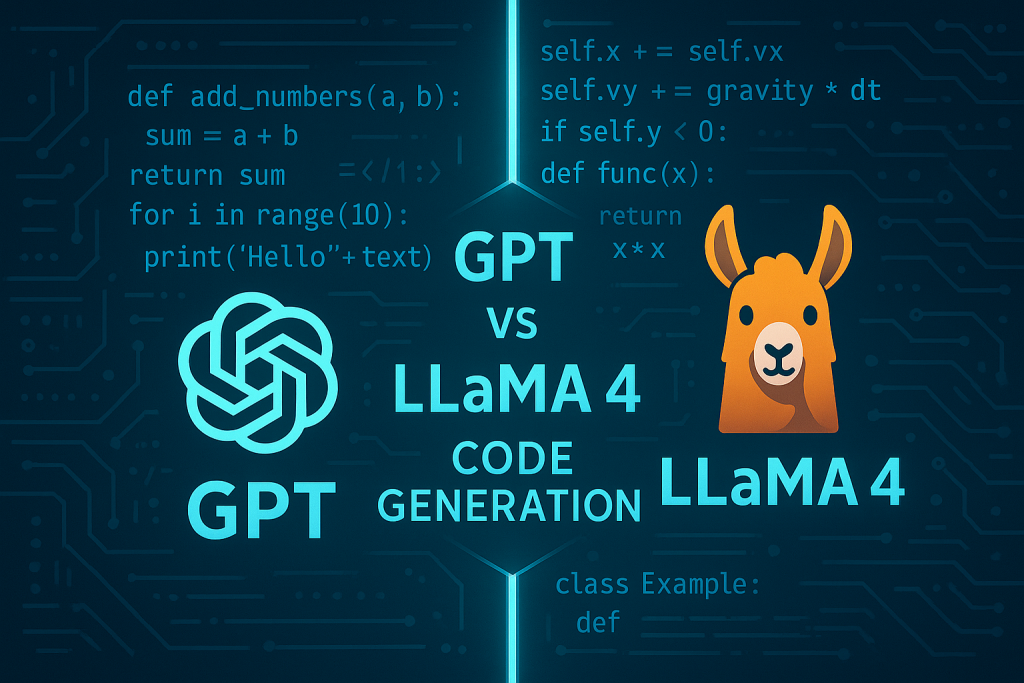How AI Can Help Transform Developer Productivity Through Code Assistants
Introduction
In the ever-evolving landscape of software development, AI-powered code assistants have emerged as game-changing tools that are revolutionising how developers write, debug, and maintain code. As someone who has personally experienced this transformation, in this blog post, I will share how these intelligent assistants are reshaping developer productivity.
The Shift in Developer Workflow
My troubleshooting process used to follow a familiar pattern: encountering a problem, searching through blogs and tutorials, and inevitably spending time on Stack Overflow to find solutions. While this worked, this approach required constant context-switching and significant time investment.
Today, with AI code assistants integrated into my development environment, solutions appear instantly without leaving my editor. This fundamental change has transformed not just how quickly I solve problems, but how I approach development altogether.
Key Productivity Benefits of AI Code Assistants
- Instant Problem-Solving & Reduced Context-Switching: Rather than formulating search queries and browsing through multiple resources, I can describe my issue directly to the AI assistant and receive tailored solutions that consider my specific code context.
- Cognitive Load Reduction: AI assistants handle routine coding tasks like syntax checking, documentation lookups, and boilerplate generation, freeing mental bandwidth for solving core application challenges.
- Accelerated Learning Curve: When working with unfamiliar languages or frameworks, AI assistants provide immediate examples, explanations, and best practices that significantly reduce the time needed to become productive with new technologies.
- Efficient Code Generation and Refactoring: Modern assistants can generate functional code from natural language descriptions and identify opportunities for code improvement—tasks that previously required extensive manual effort.
- Streamlined Documentation: AI can help create meaningful code comments, generate documentation, and explain complex code sections, ensuring better knowledge preservation across teams.
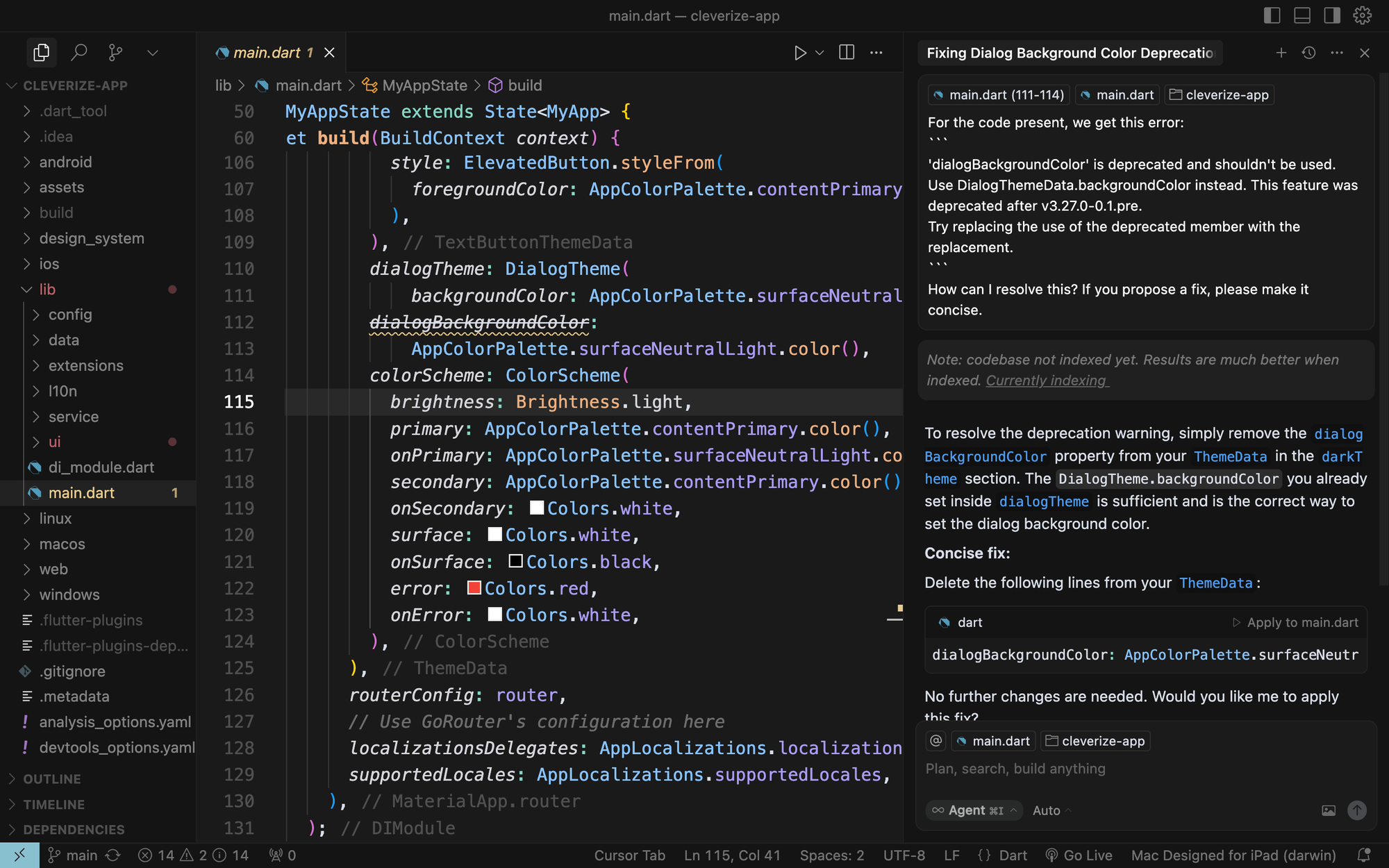
In the above example, I had a "depreciated usage" warning in one of my Flutter projects. I used Cursor to quickly and easily fix this. In the AI agent window, I added the context or the file where the warning was present, and explained the problem to it. It not only fixed the problem, but also explained why the warning was present in the code and suggested the most optimal and efficient solution.
Best Practices for Working with AI Assistants
To maximise the benefits of AI code assistants while avoiding potential pitfalls:
- Verify AI-generated code before implementation
- Use AI to understand concepts rather than just copying solutions
- Combine AI suggestions with human expertise for complex problems
- Stay informed about your AI tool's capabilities and limitations
Conclusion
The integration of AI assistants into development workflows represents one of the most significant productivity advancements in recent years. By thoughtfully incorporating these tools, developers can not only work faster but also focus their creative energy on solving complex problems.

